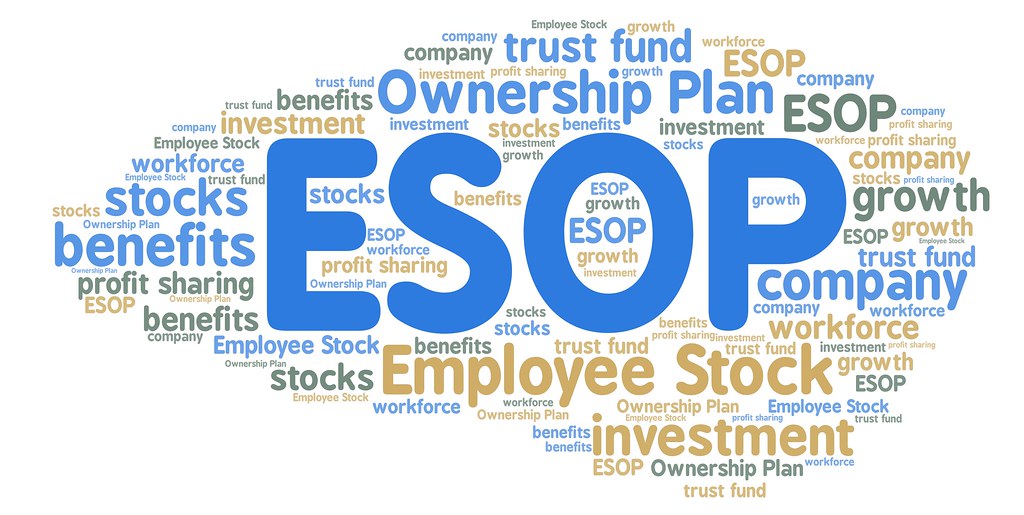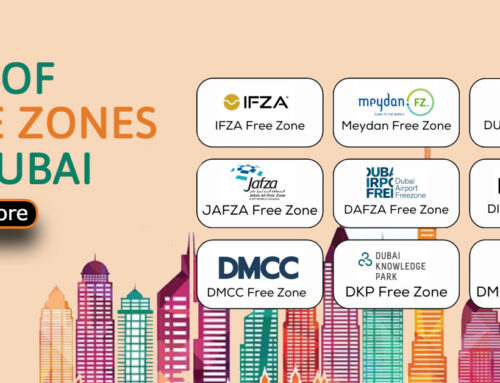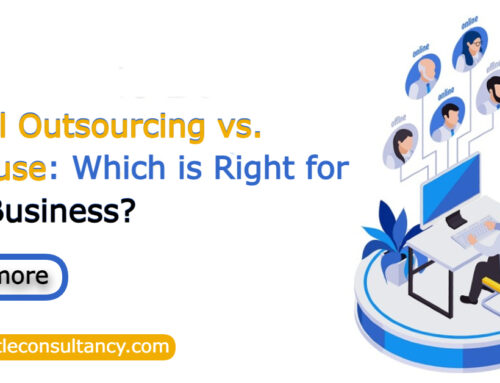ESOPs or Employee Stock Option Plan refers to employee benefit plan which offers employees a portion of ownership interest in the organization. Typically, being part of the compensation package, where shares vests over a while, it encourages the employees to acquire a portion of the ownership in the company through the purchase of stock. ESOP gives the employees the right to purchase shares of the employer company at a discounted price. Usually, it is offered to the employees as a reward for good performance or after completion of a certain number of years with the company.
Under the Employee stock option plan (ESOP) also called as Employee stock ownership plan, the employee acquires certain stocks for a negligible or lesser cost than the market price for listed companies or the valuation price for unlisted companies. Stocks acquired under ESOPs remain in the ESOP trust fund until the options remain and the employee uses exercising rights or the employee leaves or retires from the company.
Working of ESOPs
ESOPs may be given as direct stock along with or in lieu of bonuses or profit-sharing plans or even otherwise. The employer has the discretion in deciding which employees could avail of these options; however, ESOPs are just options that could be purchased at a predefined price before the exercise date. Companies Rules define rules and regulations that employers need to follow for granting of ESOPs to their employees. After the option period, a corporation grants employee stock ownership plans to its employees in exchange for buying a specific number of shares at a specific price after a certain period. An employee has to wait for a pre-specified vesting period before he/she can exercise the rights, which means the employee must work that much period with the company before a portion or entire stock options can be exercised.
Eligibility for ESOPs
Employee stock ownership plan grants are available to permanent employees and the directors on board of the company only or its subsidiaries. Investors, advisers on the board of directors of the company are also qualified for ESOPs. Which means part-time staff, contractors, external consultants, board observer or independent directors on the board are not eligible for ESOPs. DPIIT-recognized startups’ founders and promoters are registered for employee stock ownership plans for up to ten years from the incorporation date. One can apply for the DPIIT recognized startup certificate on the Startup India website.
The benefit of ESOPs to Employers
Companies offer ESOPs with long-term goals. Companies want to attract and retain high-quality employees by turning them into shareholders even if it results in diluting its ownership. Industries like IT have attrition rates, and ESOPs helps them to reduce high attrition rate. Startups offer stocks as a way to attract talent. Often such companies are cash-strapped and cannot offer handsome salary packages. But by adding ESOP they make their compensation package competitive.
Companies usually distribute the stocks in a phased manner. A company might grant the stocks to its employees at the end of the financial year, thereby offering an incentive to the employees to remain with the organization for receiving that grant. As the employees get benefited once the company’s share prices soar, the employees put in their efforts 100 percent. Although employee retention, motivation, and rewarding good performance are the key benefits to the employers, ESOPs bring other noteworthy advantages too. Organizations offer ESOPs in place of cash compensations, resulting in saving on immediate cash outflow. For companies that are just starting their business operations or expanding their business, awarding ESOPs to their employees works out to be more feasible than the cash rewards.
The benefit of ESOPs for Employees
Employee stock ownership plans allow employees to buy stock of the company at a discounted price which they can sell at a profit after the expiry of a fixed period as determined by the employer. If the business does well, an employee can build wealth through ESOPs. There are several success stories when employees became rich along with the founders of the companies. When Google went public. Its founders Larry Page and Sergey Brin became among the richest people in the world, and the stock-holder employees also became millionaires.
Tax Implication of ESOPs
At the time of exercising the option, the difference of Fair Market Value (FMV) on the exercise date and the exercise price is taxed as a prerequisite. At the time of selling it is in the form of capital gain. In case an employee sells the shares at a price higher than FMV on the exercise date, he is liable to pay for capital gains tax. The period of capital gains is calculated from the exercise date to the selling date. Equity shares listed on a stock exchange are considered for long-term capital gains if they’re held for more than one year or short capital gains if sold within 12 months. Long-term capital gains (LTCG) on the listed equity shares are subject to lower slabs or Nil tax. As per the 2018 Budget, LTCG on equity shares that are held for more than 12 months on or after 1st April 2018 would attract tax 10% tax with 4% cess over it. Short-term capital gains (STCG) are taxed at a rate of 15%.
Upfront Costs and Distributions
Companies often provide ESOPs to the employees with no upfront costs. The company may hold the provided shares in a trust until the employee resigns or retires from the company. After shares becoming fully vested, the company “purchases” the vested shares from the resigning or retiring employee. The money from this purchase goes to the employee. Once the company has purchased these shares and paid the employee, the company may redistribute or void the shares. Resigning or retiring employees cannot take away the shares with them, but only the cash payment. Employees that are terminated are often qualified for the amount invested in the plan.
ESOPs are not only beneficial for the employees but also provide positive outcomes for the company as well. The adoption of ESOPs results in an increase in the annual sales growth, annual employment growth, and increases the chances of company survival. A better organizational performance results in higher share price and market capitalization of the company and better valuation of the shares held by employees as ESOPs.






